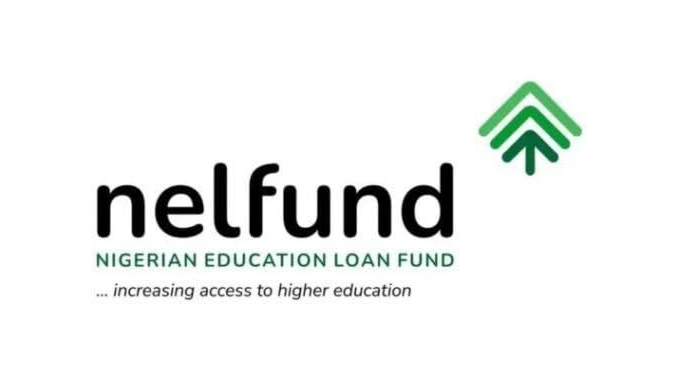
The House of Representatives has reopened investigations into the operations of the Nigerian Education Loan Fund (NELFUND), following fresh allegations of irregularities in the disbursement of student loans across tertiary institutions.
The Chairman of the Joint Committee on Student Loans, Scholarships and Higher Education Financing, Banking and Other Ancillary Institutions, Anti-Corruption, and University Education, Prof. Paul Sunday Nnamchi, said the committee’s assignment is to critically examine alleged breaches in the disbursement process and ensure accountability.
Prof. Nnamchi, who represents Enugu East/Isi-Uzo Federal Constituency, spoke during the South East Zonal Investigative Hearing at the Enugu State University of Science and Technology (ESUT).
He noted that the committee would interrogate operational procedures and compliance with legal and ethical standards guiding the loan scheme.
“Once again, I must commend NELFund and Nigerian students for embracing this transformative journey of Mr. President’s Renewed Hope Agenda in the education sector. As of Wednesday, 6th August 2025, NELFund has disbursed ₦86.3 billion in loans to 366,247 student beneficiaries across federal and state tertiary institutions, with ₦47.6 billion allocated to tuition fees and ₦38.7 billion as upkeep allowances to students in over 218 beneficiary institutions,” he said.
The renewed investigation follows multiple reports of abuse. On September 4, SaharaReporters revealed that at Usmanu Danfodiyo University, Sokoto, students accused the school management of deliberately manipulating their online portals to embezzle NELFUND loan refunds.
Although the loan fund had released approved payments to the university on behalf of applicants, many students claimed their refunds were siphoned through what they described as a fraudulent portal adjustment scheme.
Earlier in May, SaharaReporters also reported that NELFUND’s disbursements came under the scrutiny of the Independent Corrupt Practices and Other Related Offences Commission (ICPC).
The anti-graft agency flagged unauthorised deductions by at least 51 tertiary institutions, ranging from ₦3,500 to ₦30,000, and raised concerns over ₦71.2 billion in unaccounted funds from the ₦100 billion allocation. At the time, ICPC said only ₦28.8billion had been traced directly to student beneficiaries.
The Minister of Education, Dr. Tunji Alausa, however, dismissed claims of fraud within the scheme.
“Let me start by saying that there is no fraud in NELFUND. ICPC reported that the information was not correct. What we have are issues that have to do with the timeline,” he said after a meeting with Vice Chancellors, the National Universities Commission (NUC), and NELFUND officials.
Despite his assurances, the ICPC confirmed that its investigations remain ongoing.
Civil society groups have also weighed in.
The Centre for Anti-Corruption and Open Leadership (CACOL) issued a statement condemning alleged exploitation of students through unjust deductions.
“The scheme was designed to empower Nigerian youth, not to enrich institutions through unjust deductions,” CACOL said in a statement signed by its Director of Administration and Programmes, Tola Oresanwo.
Established in 2023, NELFUND was overhauled under the Students Loan (Access to Higher Education) (Repeal and Re-Enactment) Act, 2024, with the aim of strengthening governance, transparency, and accountability in student loan management.
